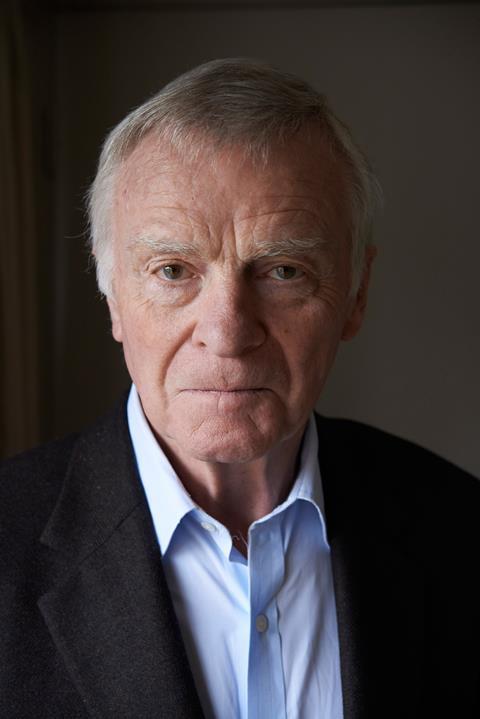Whether Max Mosley will be remembered as a motorsport administrator, the subject of lurid tabloid headlines or a pioneering press regulator, his legacy in the law is firmly established.
Mosley, who died this week at the age of 81, started his adult life in the legal profession, studying at Gray’s Inn in London and being called to the bar in 1964. He specialised in patent and trade mark law before taking the rarely-charted move to motor racing.

A fledgling career in the legal profession would be far from his last appearances in our courts. Mosley was successful in a breach of privacy case against the News of the World following its reports of his involvement in sex acts with several women. He subsequently launched a legal action against Google to prevent searches from returning web pages which used photographs from the newspaper sting. He would later tell the Leveson Inquiry that search engines were ‘really dangerous things’ and continued further actions against Google in Europe and the UK.
Howard Kennedy partner Mark Stephens, who opposed Mosley's unsuccessful attempt to tighten UK privacy laws at the European Court of Human Rights, said the privacy campaigner ‘wouldn’t be deterred or embarrassed by the things in the News of the World case’.
Stephens tells Obiter: 'I made the point that Max had on the face of it been committing the old common law criminal offence of "Keeping a bawdy house" at the basement in Chelsea. The European court accepted that it was an improper use of privacy to hide potential criminality behind privacy claims.'
Solicitor Mark Lewis, who represented many phone hacking victims during Leveson, said of Mosley: ‘He used to say ‘I can’t match Rupert Murdoch pound for pound, but as a multimillionaire I can cause him a headache’.
There may be few tears shed in Fleet Street at his passing, but Mosley ensured his place in legal history through more than a decade of litigation battles.































1 Reader's comment